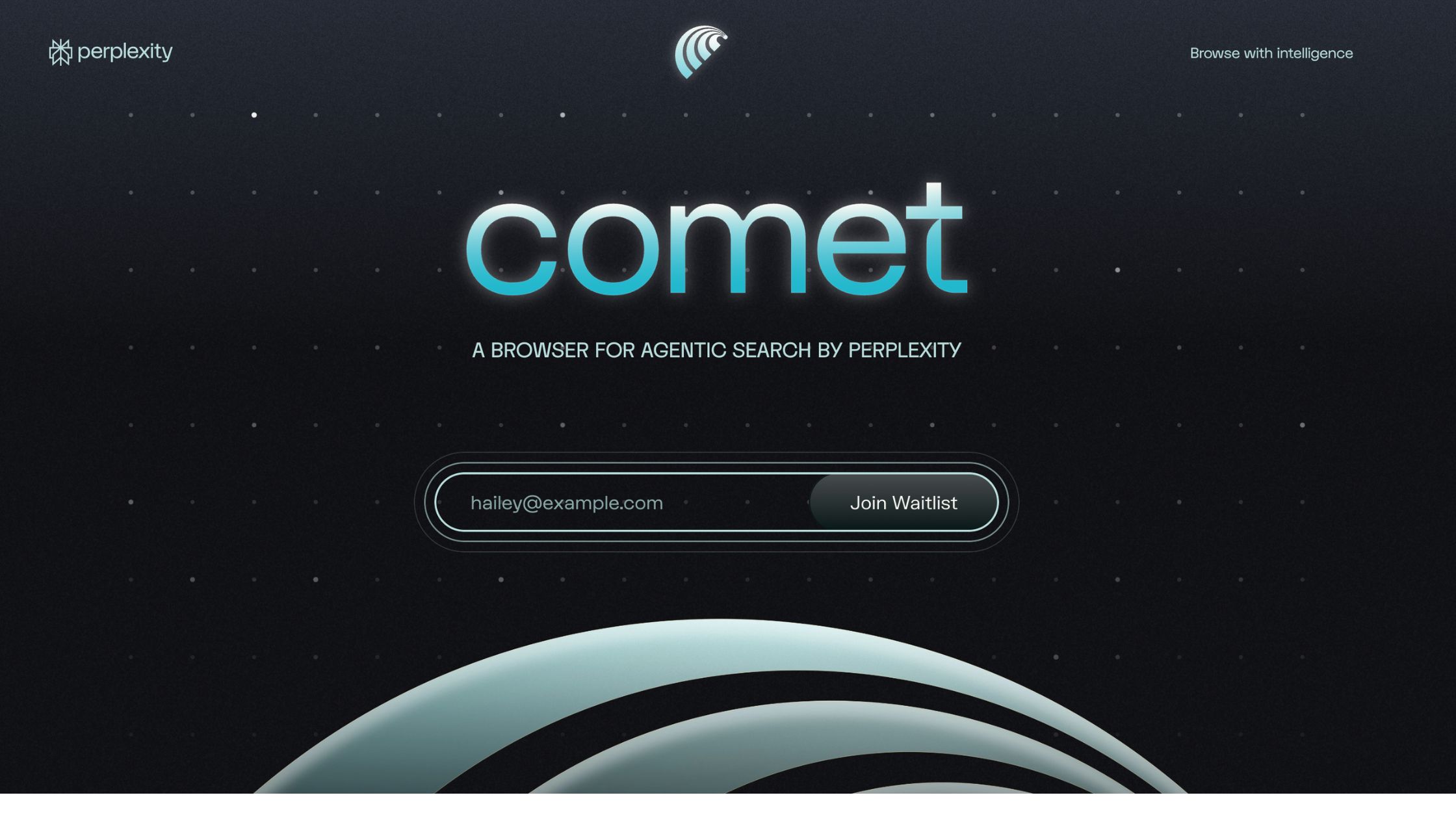Perplexity is expanding its reach beyond Apple’s ecosystem. The company has begun rolling out its AI-integrated Comet browser for Windows users, according to a post from CEO Aravind Srinivas on X (formerly Twitter). Invitations have already gone out to early testers, and Srinivas says the Android version is also progressing ahead of schedule.
This move marks a significant step in Perplexity’s ambition to reimagine what a modern, AI-native web browser can be—one that doesn’t just display content, but actively helps users interact with it.
What Makes Comet Different?
Comet isn’t just another Chrome clone with a coat of AI paint. It’s built from the ground up to embed intelligent assistance throughout the browsing experience.
Originally launched in beta for Apple Silicon Macs earlier this year, Comet offers users a suite of features powered by generative AI:
- Ask questions contextually across tabs.
- Find discounts automatically while shopping.
- Get AI-assisted email management.
- Upload a photo and visualize clothing items on yourself.
That last feature—the ability to simulate how clothing fits based on an uploaded image—highlights Comet’s more interactive, visual approach to AI. It’s not just responding to prompts; it’s engaging with user context.
While a full public launch date hasn’t been announced, Perplexity continues to build momentum through a waitlist and early access invites. A broader release appears imminent.
Privacy Questions Resurface
As with most AI-powered consumer tools, Comet’s capabilities come with scrutiny. Earlier this year, Srinivas drew criticism after suggesting that Comet would collect user data from beyond the browser to offer deeper personalization.
He later walked back the statement, clarifying that users will have control over personalization settings—including the option to opt out of targeted ad systems. But the initial comment sparked wider concerns around surveillance-style tracking, especially in a browser that markets itself on smart assistance.
With privacy becoming a competitive differentiator, how Perplexity handles data practices will likely influence broader adoption.
Facing Off Against AI Browsing Rivals
Comet enters an increasingly crowded market of AI-enhanced browsers. Arc by The Browser Company, Opera’s AI-focused updates, and integrations from Google’s Gemini and OpenAI’s ChatGPT plugins all reflect a growing push to make browsers more assistive, predictive, and personalized.
Still, Perplexity brings something different to the table: a search-native foundation. The company’s existing search engine already blends citation-rich answers with real-time web crawling—something that could give Comet a usability edge over traditional browser-AI mashups.
AI Video Comes to X via @AskPerplexity
Separately, Perplexity has rolled out a new AI video generation tool on X, letting users tag @AskPerplexity with a prompt to receive an eight-second AI-generated video, complete with audio and dialogue.
The feature adds another layer of interactivity to the company’s chatbot presence—but not without controversy. X remains under fire for inconsistent content moderation, and synthetic video raises the risk of abuse. Perplexity says it has implemented robust safeguards to limit misuse and misinformation.
In Short
Perplexity’s Comet browser isn’t just another experiment—it’s an early look at what AI-first web navigation could feel like. If the Windows and Android versions deliver on the promise shown in early Mac betas, Comet could find real traction in a space long dominated by incumbents.
But as with all AI-driven platforms, its success may hinge less on features—and more on how it handles trust.


